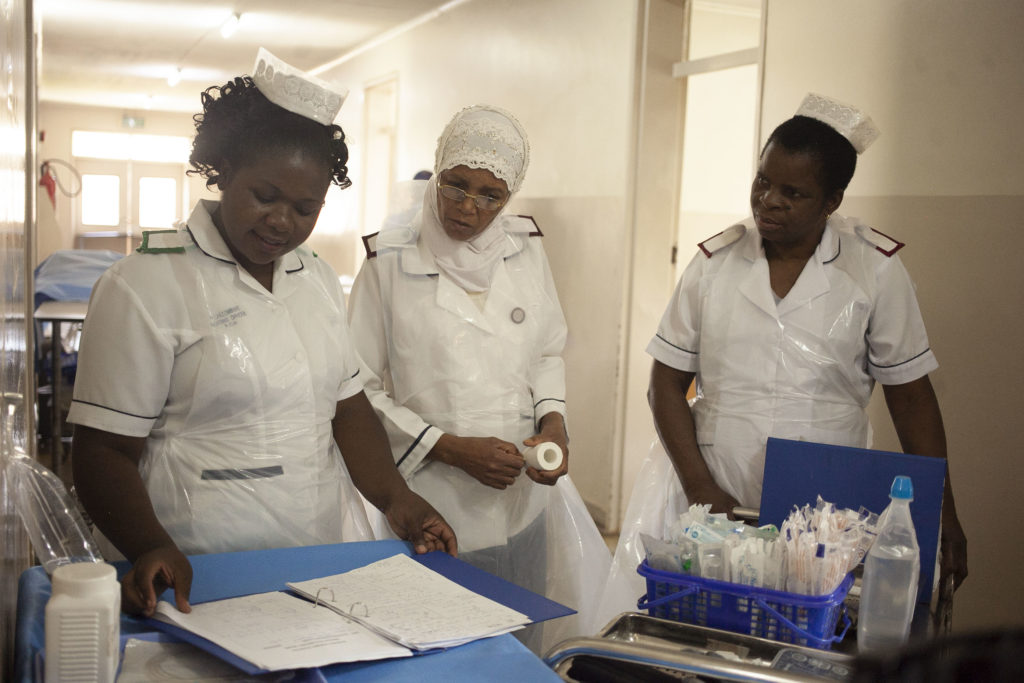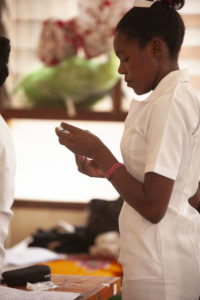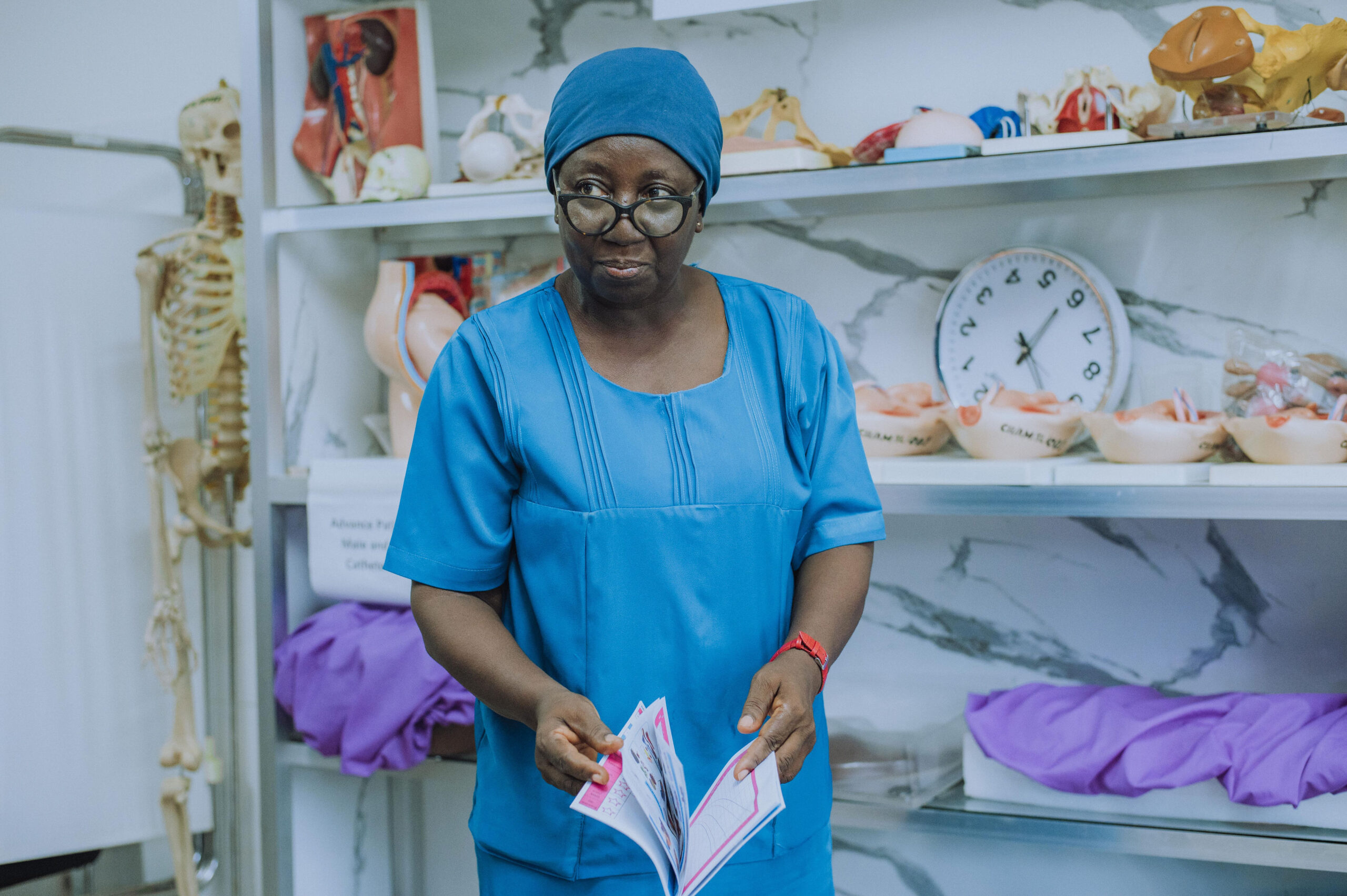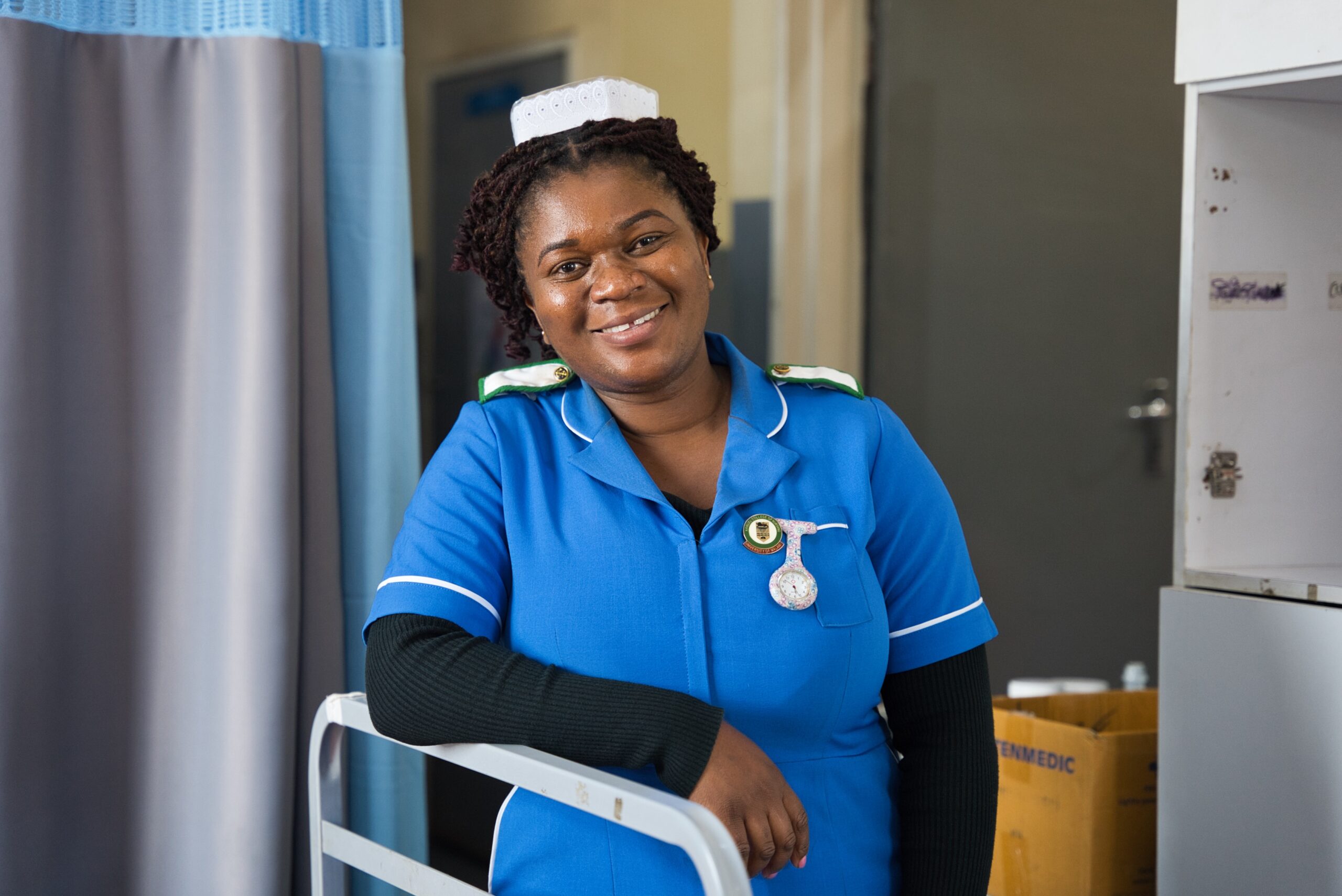This is our time. This is our stage. Let’s use it!
The President of the International Council of Nurses (ICN) was recently interviewed on National Public Radio (NPR) in celebration of the World Health Organization’s (WHO) declaration of 2020 as the International Year of the Nurse and the Midwife. This year coincides with Florence Nightingale’s 200th birthday and is a tribute to her vision, leadership, and legacy in public health; the professionalization of nursing; using data to advocate and improve patient outcomes; and advancing the professional role of women in society.
During the NPR interview, there was discussion about the importance of nurses and midwives. The interviewer posed this question:
When you look at this kind of WHO Declaration, it’s hard for me not to think that it’s kind of patronizing; if it was a valued role, why would it need to be recognized in this way?
This is an important question.
First of all, the value of nursing and midwifery professions is unmistakable. There are 20 million nurses and midwives globally, making up approximately 50 percent of the healthcare workforce. Nurses and midwives make up 90 percent of patient care and may be the only healthcare provider an individual sees in their lifetime. Whether managing a central line in a well-resourced hospital in the U.S. or delivering a baby in Uganda, the assessment, intervention, and evaluation of a patient is critical.
The WHO estimates that there will be a shortage of 18 million health workers by 2030, particularly in low and lower-middle income countries. Nurses and midwives comprise more than 50 percent of that shortfall and this directly affects the health of communities. Take the case of Malawi, for example. The country has 0.3 nurses per 1000 people to care for a population that is growing rapidly and experiencing the double burden of communicable and noncommunicable diseases. This shortage negatively impacts 1) clinical outcomes, 2) educational outcomes of nursing and midwifery students, and 3) the presence of nursing and midwifery leaders at the director and policy levels.
Investing in nursing and midwifery across education, practice, and policy sectors improves health outcomes, strengthens economies, and advances gender equity. The triple return further benefits all of the SDGs. We are already starting to see the fruits of such investment in the countries where we work. With Seed Global Health’s (Seed) support, nurse leaders in Eswatini, collaborated to design and implement a Family Nurse Practitioner Program at the University of Eswatini. It is the first Masters of Nursing program in the country and it introduces a new healthcare cadre into the health system.
In Malawi, we have partnered with Kamuzu College of Nursing and Queen Elizabeth Central Hospital to develop a midwifery-led ward. Through the ward, we will improve access to midwifery-led care for low-risk deliveries; model respectful, responsive care; and strengthen the clinical learning experience of bachelors and masters level midwifery students who will lead the charge for quality midwifery care within UHC.
This year, Seed is shining the spotlight on these and other stories about nurses and midwives around the world. Through discovery, dialogue, and dissemination, we hope to shift the narrative around nurses and midwives and highlight the critical role they play in ensuring health for all.
- Seed’s Nursing and Midwifery Advisors in Malawi and Uganda, Margaret Phiri and Irene Atuhairwe, are working closely with local academic, clinical, and policy sector partners to support collection of data for the inaugural State of the World’s Nursing Report and the third edition of the State of the World’s Midwifery Report. These reports, scheduled for publication in May 2020, take stock of nursing practice, education, regulation, gender, labor market forces, governance, and leadership. Their efforts will inform future advocacy for targeted investments in nursing and midwifery in their respective countries.
- 2020 is the final year of NursingNow, a three-year global campaign to improve health by raising the status of nursing worldwide. In support of the Nightingale Challenge, Seed Uganda and Malawi have partnered with health sector leaders to design and implement a mentorship program to discover and support future leaders.
Dialogue and Dissemination
- In recognition of all nurses and midwives across education, practice, and policy, Seed is partnering with NursingNow, American Council of Nurses and Midwives, and the International Council of Nurses, among others, to engage our global audience in Nurses Lead | Midwives Lead—a year-long campaign highlighting nurses and midwives as responsive and respected experts, leaders, navigators, innovators, advocates, and influencers.
- Seed will host a special collection in the Annals of Global Health, an online peer-reviewed and open access journal, which will be dedicated to nurses and midwives. The selected nurse and midwife authors represent achievements in Eswatini, Liberia, Malawi, Uganda, and the U.S. that highlight their endeavors to ensure access to quality care for all.
In response to the earlier question from NPR asking if the WHO declaration is patronizing, I would say it is far from it. The world needs 9 million more nurses and midwives if we are to achieve UHC by 2030. The WHO has created a global stage meant to educate, inspire, and advocate for more investment in nursing and midwifery—an investment that is not only good for health but is also economically smart. Disrupting the status quo and creating a healthier society requires leadership, a shared vision, cooperation, content expertise, time, grit, and determination. We have an opportunity this year to celebrate achievements and inspire further commitment to make a difference.



